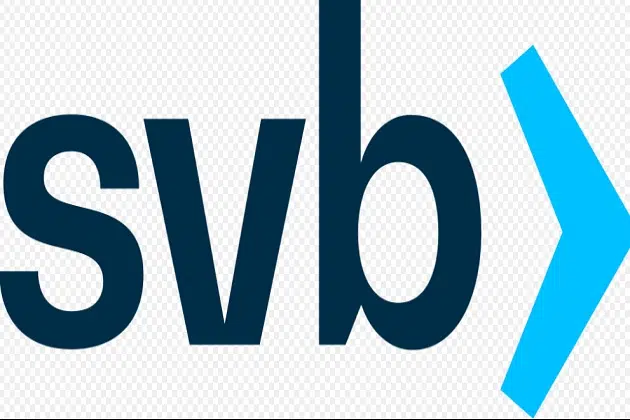(KNSI) — A bank run has developed this week, causing a potential domino effect, but local financial institutions will be left relatively untouched.
Silicon Valley Bank was shut down by the Federal Deposit Insurance Corporation, or FDIC, Friday morning after investors fled over concerns about its exposure to venture capital and speculative technology companies.
Other lenders were also hit hard Friday, but College of St. Benedict and Saint John’s University Economics Professor Louis Johnston tells KNSI News local banks and financial institutions will be fine.
“I think it’ll be contained fairly quickly as long as there’s nothing in the balance sheet of Silicon Valley Bank that we don’t know about, or that there’s some connection between that institution and say one of the major banks that we don’t know about.”
Local or community financial institutions are focused on more tangible, real assets like homes and area businesses.
The issues in the financial sector are probably not enough to stop another interest rate hike from the Federal Reserve, according to Johnston. The Bureau of Labor Statistics announced Friday that the country added 311,000 jobs in February, which shows the economy is still strong, which will increase the likelihood of future rate hikes.
Johnston says rising interest rates tend to hit high-flying tech stocks first, which causes a liquidity crunch. Silicon Valley Bank caters to the tech sector. The run began in earnest when SVB announced it was selling treasury bonds marked as “hold to maturity” at a steep loss. HTM is an accounting rule that keeps banks from having to “mark to market” their debt holdings, which means regularly updating the value of their assets due to actively buying and selling debt.
When SVB needed to sell the portfolio, it caused a panic as investors asked why the move was required. SVB was selling anything it could as fast as it could, Johnston says. “But people who are potential buyers know that they need to get rid of those things quickly and so the prices start to drop.” Johnston warns, “when prices drop that means the value of those assets, not just to the people who are buying and selling, but to those who hold them out in the market, they start to go down.”
As the Fed has raised interest rates, bond values have fallen. Another interest rate hike may be looming as the Fed will meet on March 21st and 22nd.
___
Copyright 2023 Leighton Enterprises, Inc. All rights reserved. This material may not be broadcast, published, redistributed, or rewritten, in any way without consent.










